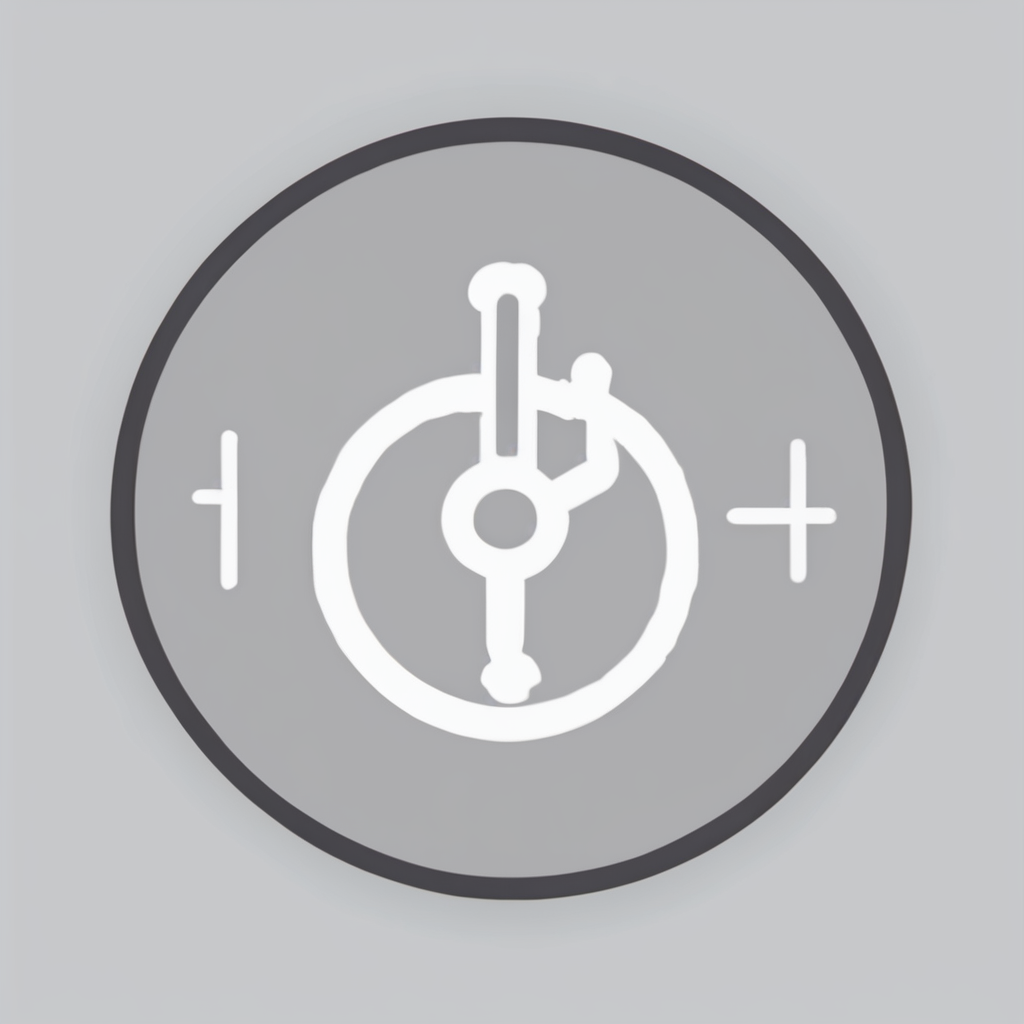Actionable Steps for Integrating Mental Health into Wellness Routines
Integrating mental health prioritization into daily wellness routines begins with recognizing the profound link between mental and physical health. Scientific studies consistently show that mental well-being directly impacts physical vitality, immune function, and even recovery from illness. Acknowledging this connection allows individuals to take a more comprehensive approach to their overall health.
Daily habits play a crucial role in fostering mental wellness. Simple actions such as practicing mindfulness, engaging in regular physical activity, and maintaining consistent sleep schedules contribute significantly to emotional stability and cognitive function. Incorporating short mindfulness breaks during busy days or using breathing exercises can reduce stress and improve mental clarity.
In parallel : What Are the Most Common Health Challenges Faced by Residents in the UK?
Setting realistic and holistic wellness goals is essential to successfully integrate mental health into wellness routines. Goals should address multiple facets of health—not only physical fitness but also emotional balance and social connection. For example, committing to a daily walk combined with journaling thoughts or gratitude can create a balanced routine that nurtures both mind and body. This integrated approach ensures that mental health is not an afterthought but a core component of everyday wellness practices.
Habits and Lifestyle Modifications Supporting Mental Wellness
Small but consistent changes in daily routines are essential to fostering holistic wellness. Developing healthy habits for mental health starts with establishing regular patterns around sleep, nutrition, and exercise. Adequate sleep supports cognitive function and emotional regulation, while balanced nutrition provides the brain with essential nutrients. Regular physical activity not only boosts mood through endorphin release but also reduces symptoms of anxiety and depression.
Have you seen this : What Are the Most Popular Wellness Trends in the UK Right Now?
Incorporating mindfulness and stress management techniques further strengthens mental wellness. Practices such as meditation, deep breathing exercises, and progressive muscle relaxation help to reduce cortisol levels and increase present-moment awareness. These techniques empower individuals to respond thoughtfully to stressors rather than react impulsively.
Balancing digital usage is another key factor in maintaining mental health. Limiting screen time and setting boundaries around social media prevents overstimulation and comparison-driven anxiety. Simultaneously, nurturing meaningful social connections supports emotional resilience and combats loneliness, which is vital for sustaining mental well-being.
By integrating these habits into daily life, individuals create a foundation for holistic wellness that supports mental health through both preventative care and ongoing self-renewal.
Building a Personalised Mental Health Plan
Creating an effective mental health strategies plan begins with assessing personal needs and current wellness practices. Reflect on your emotional, physical, and social well-being to identify areas that require attention. This could include recognizing stress triggers, current coping methods, or habits that impact your mood. Understanding these factors provides a strong foundation for crafting a tailored self-care plan.
Next, approach mental health goal-setting step-by-step. Start with specific, achievable objectives such as improving sleep quality, practicing mindfulness daily, or enhancing social connections. Define clear actions for each goal, focusing on what feels manageable and meaningful to you personally. This step builds a customised wellness routine that fits your lifestyle and preferences, increasing your chances of sustaining it long-term.
Tracking your progress is crucial. Keep a journal or use apps designed to monitor your emotions, activities, and mood patterns. This allows you to see improvements or identify when adjustments are needed. A flexible approach helps adapt your self-care plan as your mental health evolves over time. Regular reviews ensure your mental health strategies remain aligned with your needs, providing ongoing support for your overall well-being.
Resources and Professional Guidance
Recognising when to seek professional support is a crucial step in managing mental health effectively. Common signs include persistent feelings of sadness or anxiety, changes in sleep or appetite, difficulty concentrating, and withdrawing from social activities. If these symptoms impact daily functioning over several weeks, it’s advisable to explore options for help.
Therapy and counselling offer structured environments where individuals can address their challenges with trained professionals. Cognitive Behavioral Therapy (CBT), for instance, is effective for a range of conditions by helping reframe negative thought patterns. Support groups provide the added benefit of shared experiences, promoting understanding and reducing feelings of isolation.
Beyond face-to-face help, numerous mental health resources and digital tools are available. Trusted apps and websites can offer guided exercises, mood tracking, and educational content which supplement professional treatment or serve as accessible entry points for those hesitant to seek immediate clinical support.
In short, combining professional guidance with reliable self-help resources creates a comprehensive system to maintain mental wellness and encourages timely intervention.



